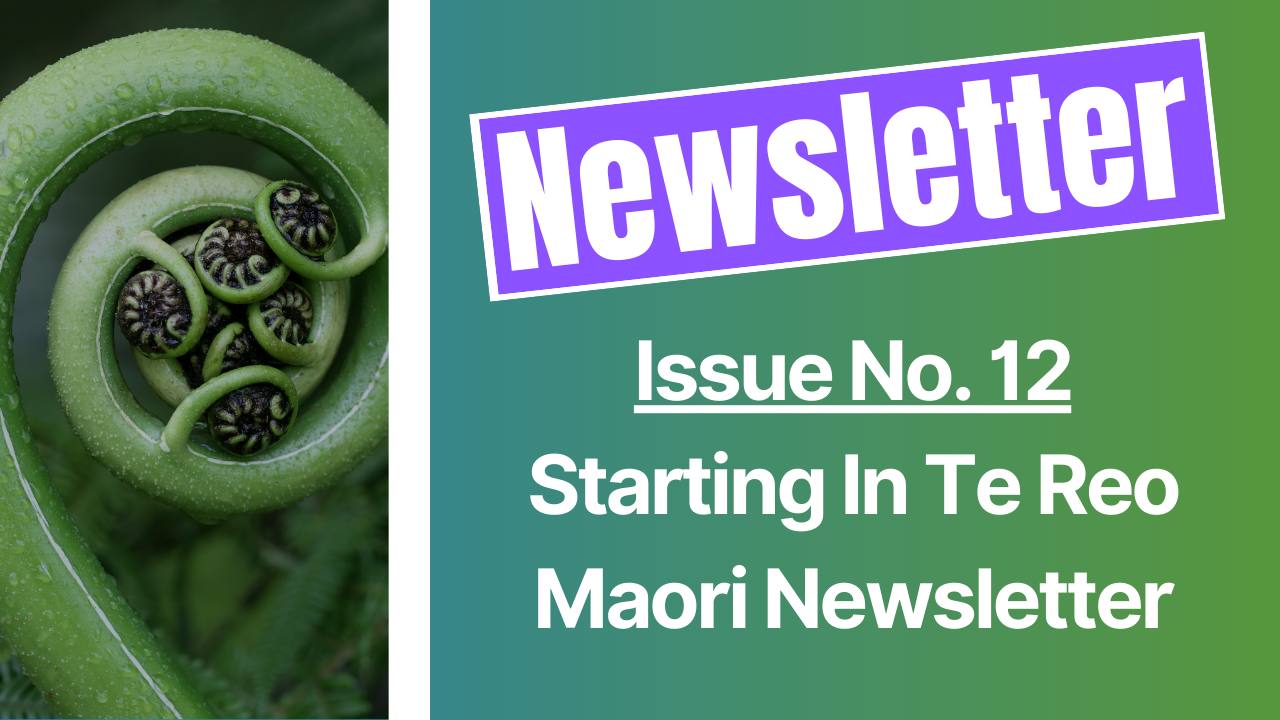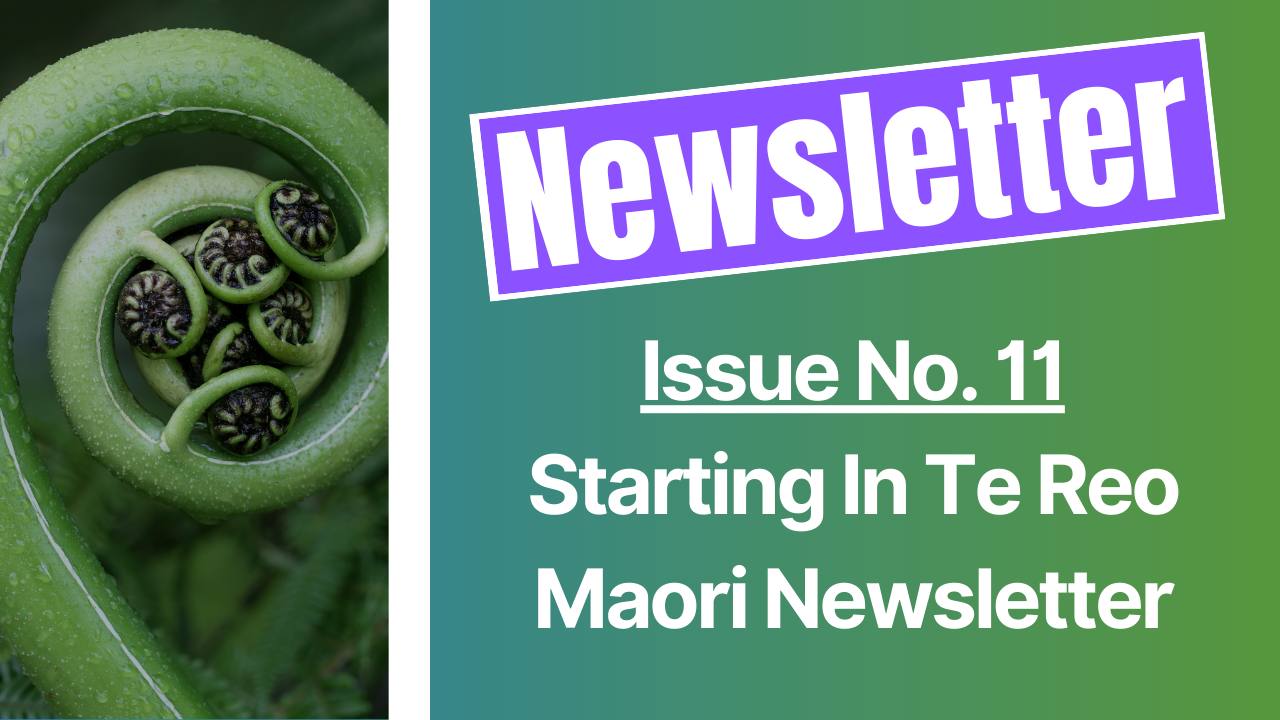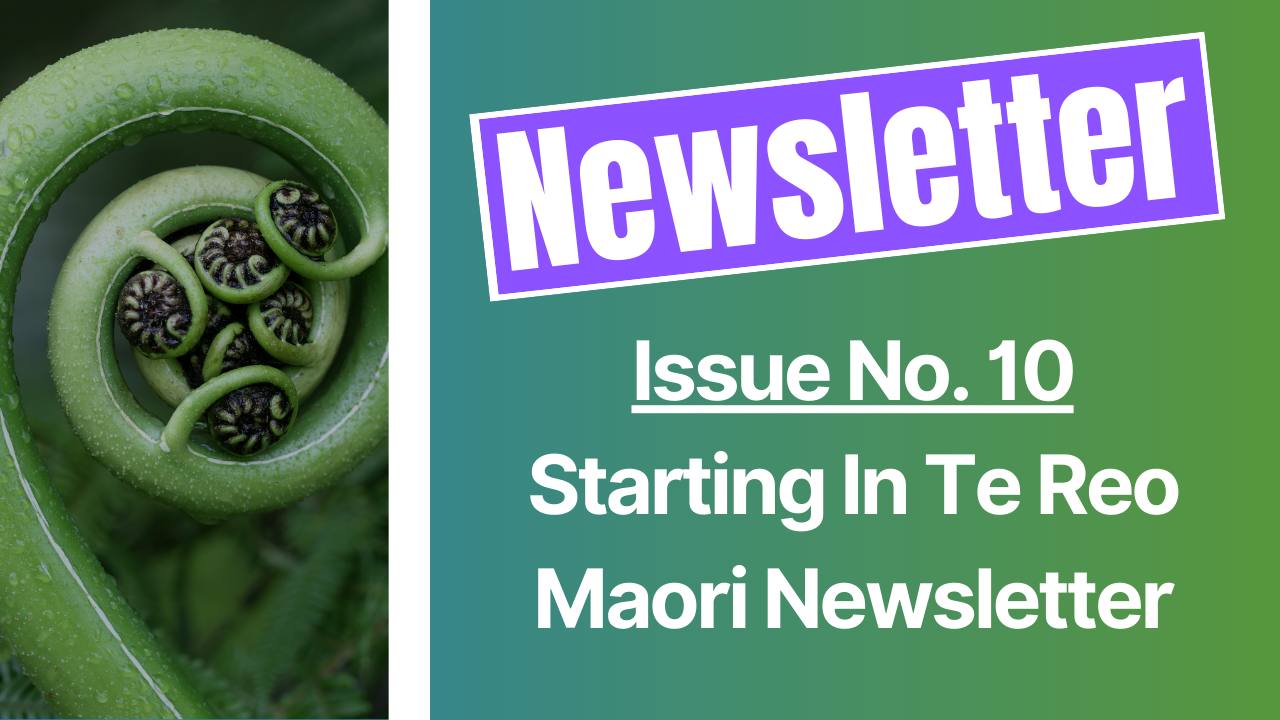2. Creating Habits - Your Waka
We often focus on our goals, our objectives, and the “final destination” of where we want to be. Whether it's related to...
- Language learning
- Relationships
- Money
- Career
Having a target to work towards is an extremely useful tool.
However, it’s a bit like treasure on a far-off island, and we don’t have a boat to get there.
That’s where habits come into play.
Our habits are the consistent actions we take that move us toward our goal - our waka for traversing the moana and reaching that far-off island!
The Power of Habits in Language Learning
When it comes to learning te reo Māori, the goal might be to hold a conversation confidently, understand waiata, or perhaps teach your tamariki (children) one day.
But the question is: What are you doing today to get there? (or going back to our waka analogy - is waka sailing in the right direction?)
Learning a language requires bit-sized efforts, not large mouthfuls!
You’ll learn more in 10 minutes a day for a week than you will in an hour once a week.
Building a Routine
To build new habits into your routine requires three important things:
-
Cue - a cue or a trigger is required to initiate the routine. It could be “immediately after waking up” or “once the kids are asleep” or “at 10am each day”.
-
Routine - defining what is the habit you’re going to do. It could be reading, listening, speaking, writing, or watching.
-
Reward - once the routine is complete, what are you going to get out of it? This can be as small as a “tick box”. If you a tick box for your habit for each day of the week, you’ll feel awesome as you watch them being filled day after day.
Incorporating Habits
Here are some ideas for you to start your journey of building new habits for learning te reo.
-
Start small. One kupu a day, one theme of kupu for the week, reading a page a day, listening to one episode of a podcast per day. These are all examples of starting small. You absolutely DO NOT want to overwhelm yourself early on the journey!
-
Link new habits to existing habits. Identify your existing routine and work out how to incorporate a language-based habit into that routine. A really simple example is driving to work. You likely do that 5 days a week. How can you incorporate language learning into your drive? Perhaps a new podcast or TV show (audio only) whilst you’re driving.
-
Create an immersion environment. Utilise resources that engage your senses in your environment. Whether its background music in te reo Maori at home, watching reo-based content online, or “kupu cards” plastered around the house.
-
Accountability. Find a partner to keep account of your actions. This can be as simple as a regular check-in “Kia ora e hoa - how are you finding the podcast episodes this week?”.
Creating new habits helps you build the path and vehicle to get to the destination you seek.
Reo Resource - Pronouns
Check out this video, the first in a 5 part series going over the basics of Pronouns in Te Reo Maori!
|
Te Ūkaipō Update
The tricky part about running a non-typical Association in Australia (compared to say a sporting club, or a hobby group) is that there is no governing body that sets standards and governance for running small associations. For example, my local rugby club is supported by Rugby Australia for a lot of administrative, training, safety, and governance requirements.
This provides Opportunities and Challenges.
It gives us the opportunity to build our organisation however we like and with a flexible approach that meets the needs of our aspirations.
The challenge however is that we need to build it all from scratch. This requires a significant amount of relevant skill and experience across our volunteer group in areas such as leadership, project management, financial acumen, governance, integrated systems, and information technology.
As our group grows we need to get the right “bums in seats”, and my short-term focus is on volunteer recruitment. I’m lucky enough to have a large network of Maori in the local area so I’m actively working to align individuals’ expertise with the capability needs of our group. I’ve had so many people tell me over the years that they’d love to come along and join our haka group, but they just can’t find the time. I’m hoping that these new and varied volunteer opportunities provide an opportunity to contribute and engage with our group!
Mauri ora







Responses